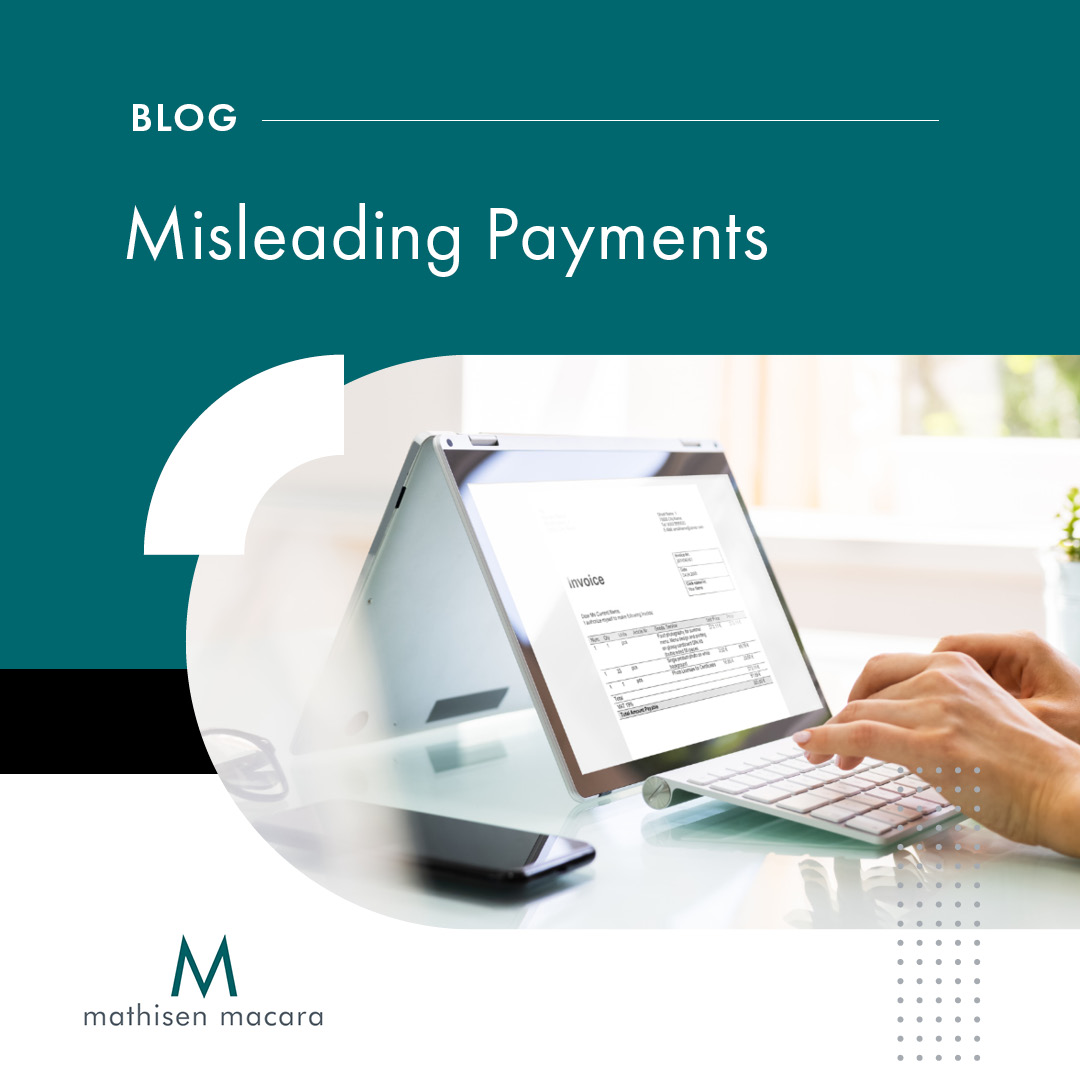Misleading Payments
Beware of Intellectual Property Scams
Mention financial scams and tabloid headlines of thieves stealing money from vulnerable people’s bank accounts come to mind. Scams, however, are also now prevalent in the intellectual property sector. As a result, the UK Intellectual Property Office (IPO) has recently highlighted this crime as an area of growing concern.
A growing number of dishonest companies are sending intellectual property owner’s fake invoices that demand large payments to handle renewal fees or with offers that relate to services that they do not require. These request payment for trade mark, design and patent services such as publication, renewal or entry in business directories.
How does it work?
Generally, misleading invoices are sent to their victims. The invoices look very official and often carry a logo similar to a patent office or government logo. They may attempt to fraudulently charge companies for services that they have never used or even requested, sauch as “renewal monitoring service”. They may also suggest “wider protection” of a company’s intellectual property should it pay to be included in a European or international register.
As part of the application process, applicants are required to provide name and address details to the IPO, which are entered into the public file and the on-line register. In addition, the filing numbers and dates and registration numbers and dates are also generally available on Patent Office registers. This is a statutory requirement of each of the Intellectual Property Acts so this activity cannot be avoided. The downside, however, is that it does render data easily available to fraudsters.
Therefore, scam invoices will include genuine data of the victims IP, which makes them look genuine...
What should you do?
The UKIPO has straightforward advice to any company that receives such an invoice: “do not pay them.” Given that the perpetrators operate across national boundaries, it is extremely difficult to retrieve any funds that have been paid on these false invoices.
The UKIPO recommends that if a company receives a fraudulent invoice, it should contact the relevant UKIPO team and send a copy of the invoice to them. False invoices should be sent to: misleadinginvoices@ipo.gov.uk.
Recipients can report misleading invoices to Action Fraud (www.actionfraud.police.uk) or to a local Trading Standards office (www.gov.uk/find-local-trading-standards-office).
As a client, however, if you do receive anything from a company that you do not recognise, contact us immediately and we will be able to advise you on the best course of action. Please check with Mathisen & Macara before you make any payments.
The full IPO article on its website can be read at this link: http://bit.ly/3FxGS7l
